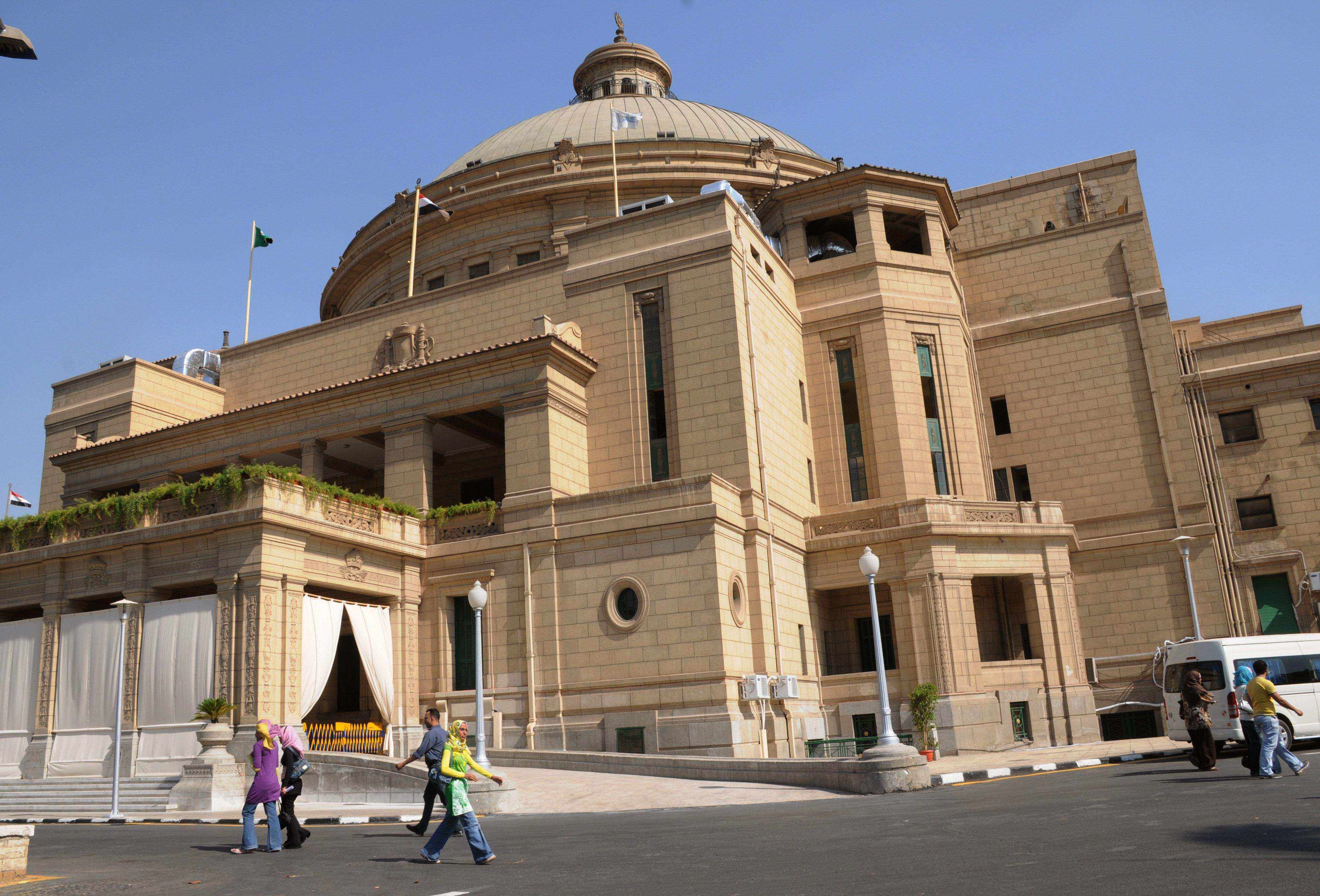
The past year and a half has been a time of emotional upheaval for Egyptians. The fast- paced events (some of which can only be described as surreal) have made this an exciting time to live in Egypt. Most of us are worn out by the overdose of drama, but there’s no denying that we have witnessed “history in the making” over the past nineteen months. At times, we’ve contributed to shaping these historical events ourselves, events that will characterise “the new chapter in Egypt’s history.” In describing life in Cairo since the mass uprising of January 2011, an American friend of mine said it was much like “breaking a wild horse and repeatedly falling off.” I totally agree. But of all our experiences, none have been quite as tumultuous nor as shocking as the events of the past two weeks.
First came the news of an armed attack on a border post in Northern Sinai. This wasn’t the first time that one of our checkpoints had come under attack but the difference this time was the large number of fatalities and casualties–all of them young Egyptian soldiers. The fact that the assault had taken place as the soldiers were breaking their Ramadan fast made the killings all the more brutal. Gruesome as it was, the attack did have some positive ramifications. Firstly, it was a wake-up call alerting military and security officials to the danger of neglecting security in the Sinai border region, a region that we are told has become a hotspot for extremist Jihadist groups and militants. Secondly, the attack has paved the way for closer cooperation between the authorities and the local Bedouin population which has long been neglected and marginalised. Hopefully, it will be the start of a process of integration of these nomadic tribes which in the past had no option but to turn to drug smuggling and cross-border trafficking to earn their livelihoods.
As Egyptians were still reeling from the shock of the border attack, news broke of the dismissals of the two most senior SCAF members: Field Marshal Tantawi and Chief of Staff Sami Annan and the cancelling of supplementary constitutional amendments issued by the SCAF on 17 June. Pro-reform activists have been keeping a watchful eye on the new President and had just begun to lose hope of any tangible progress being made on the pressing issues of security, traffic, sanitation, bread and fuel. Frustration has been growing over frequent power outages, a crippling gas shortage and a continued lapse in security.
Then the jaw-dropping news of the military purge hit when everyone least expected it. Morsy’s supporters and revolutionary forces welcomed the measures as an attempt by the President to assert his authority over the military and wrest some of the powers he had been stripped of before he took office. Morsy’s “muscle-flexing” moves sent a clear message that he was no ‘lacklustre’ president as some critics had described him.
Although the latest decisions did boost Morsy’s popularity, they have also increased the animosity of the more hard line, pro-SCAF supporters. The decisions announced on state television were met with mixed reactions. Some liberal activists welcomed them as “fulfilling some of the goals of the revolution,” while others denounced them as “unconstitutional.” Some people meanwhile lamented that Tantawi and Annan had been let off the hook and allowed a safe exit.
The fact remains that the country is deeply polarised and there are growing fears that a process of ‘Islamisation of the state’ has begun. Observers say the fears which were triggered by Morsy’s decision last week to replace chief editors of state-controlled newspapers and his choice of mostly Islamist- leaning candidates and editors who would likely adopt the state line without debate are not entirely baseless. “It’s a very real threat,” warned Saad El Din Ibrahim, Professor of Sociology at Drew University and a prominent opposition figure during the Mubarak era. “The Muslim Brotherhood wants to hold all the major cards in the country.” All state institutions are gradually being infiltrated by Islamists who aim to eventually exercise control over these institutions, Ibrahim told a recent gathering of civil society organisations.
He slammed what he called the Brotherhood’s non-inclusive policies warning that their pursuit of monopoly in every area threatened to undermine the democratic process.
Seventeen months after the revolution, Egypt is vastly different from the country that existed the day hundreds of thousands of protesters took to the streets to overthrow the former dictatorial regime. The fear and apathy are gone but concerns are growing that as much as things have changed, they may still be the same in some ways. The country is at a crossroads and it is now up to Morsy to show that the authoritarian ways and the one-party system of the ousted regime are a thing of the past.



